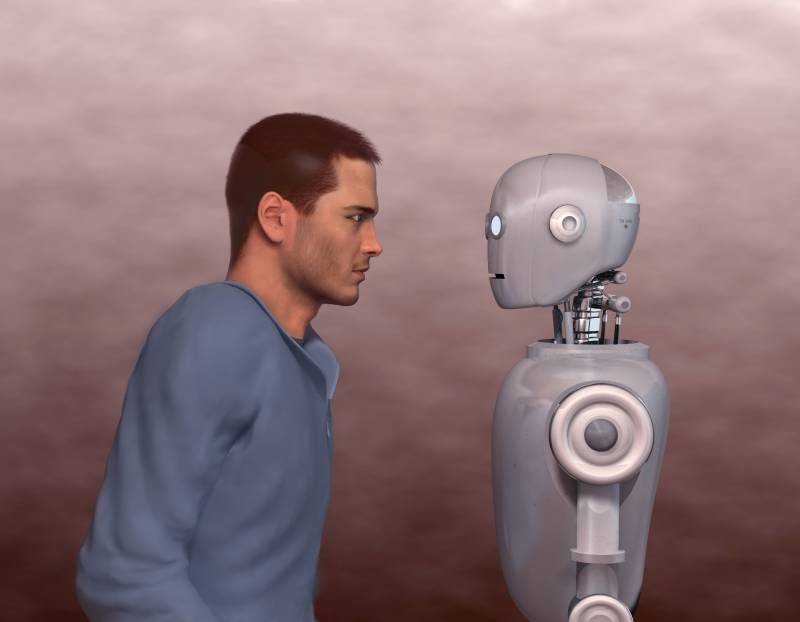During the London Fintech Week last week, I had the opportunity to discuss this topic on a panel along with UCL professor Donald Lawrence and John Booth of Midpoint. Also, I have had long discussions on this subject with Niall Bellabarba who also follows this topic closely and recently published his own views.
Let me start by saying that I’m in no way expert on the topic, but I’m someone who’s trying to keep a tab on what’s happening on this space, and I would like to take advantage of emerging technologies at CityFALCON. Also, while I’ve got inputs from several people, the below are my personal thoughts on the topic. Moreover, I’ve kept it simple for any person without technical or with limited finance knowledge to understand.
If you trade like a machine, time to pack your bags might come soon
Several traders just follow the price action, regression testing, signals, etc, in trading. These tasks are programmable, and hence, machines can and are taking these over. Yes, some traders will talk about intuition and experience, but not sure if that provides them with an advantage.
Traders with coding abilities have an edge
Even though machines can take over algorithmic trading, banks will need coders to program the machines. But instead of hiring 10 traders on the floor, you now need 1-2 traders to work with the coders. If you can trade and code, then you’re a star.
Machines suffer from incompetencies of humans for now
Tesla’s April Fools joke was traded upon, and some firms would have lost money. Some claim machines are responsible for this move and 1 April was not built into the algorithms. Who should you blame in this case? Man or machine?!
Investing could also be disrupted by machines
Typically, it is not easy to invest relying only on financial ratios. You need to assess the market opportunity, quality of management, etc, before making your decisions. For example, you are unlikely to buy growth companies such as Facebook, Linkedin, and Twitter relying only on the price/earning ratio.
However, for some investing strategies, e.g. buying companies quoting below net market value of assets on their balance sheet or buying high dividend companies, machines could be easily trained.
Would you hire difficult-to-work-with traders or work with error-free machines?
Hiring and managing traders is expensive and a not-so-easy operation. Also, humans are likely to make mistakes that could bring down firms, e.g. with ‘fat fingers’. Machines, on the other hand, do not need breaks and do not suffer from fatigue, stress, depression, etc.
What happens in the lesser known world of artificial intelligence
If you don’t know what AI is, watch this video. When we get into a world with AI, where machines have the capability of a human brain, even subjective investing can be taken over by machines. Machines could get to a stage when they can say: I love Elon Musk – he’s is a visionary, and so, I’ll buy Tesla. A recent study by MIT shows that there are three categories of jobs where humans can perform better than machines: 1) Creative endeavours, 2) Social interactions, and 3) Physical dexterity and mobility. Unfortunately, these categories may not apply to trading and investing.
In summary, in the short term, the impact of machines could be limited to technical trading and some investing strategies, but in the long run, the market could be run just by machines. Who will have “an edge” then? The ones with more processing power? Also, what happens to retail investors? Could they take the benefit of trading through machines? What sort of regulation will we need?




24/09/2017 at 2:58 am
whoah this blog is excellent i love reading your articles. Keep up the great work! You know, lots of people are hunting around for this information, you could aid them greatly.